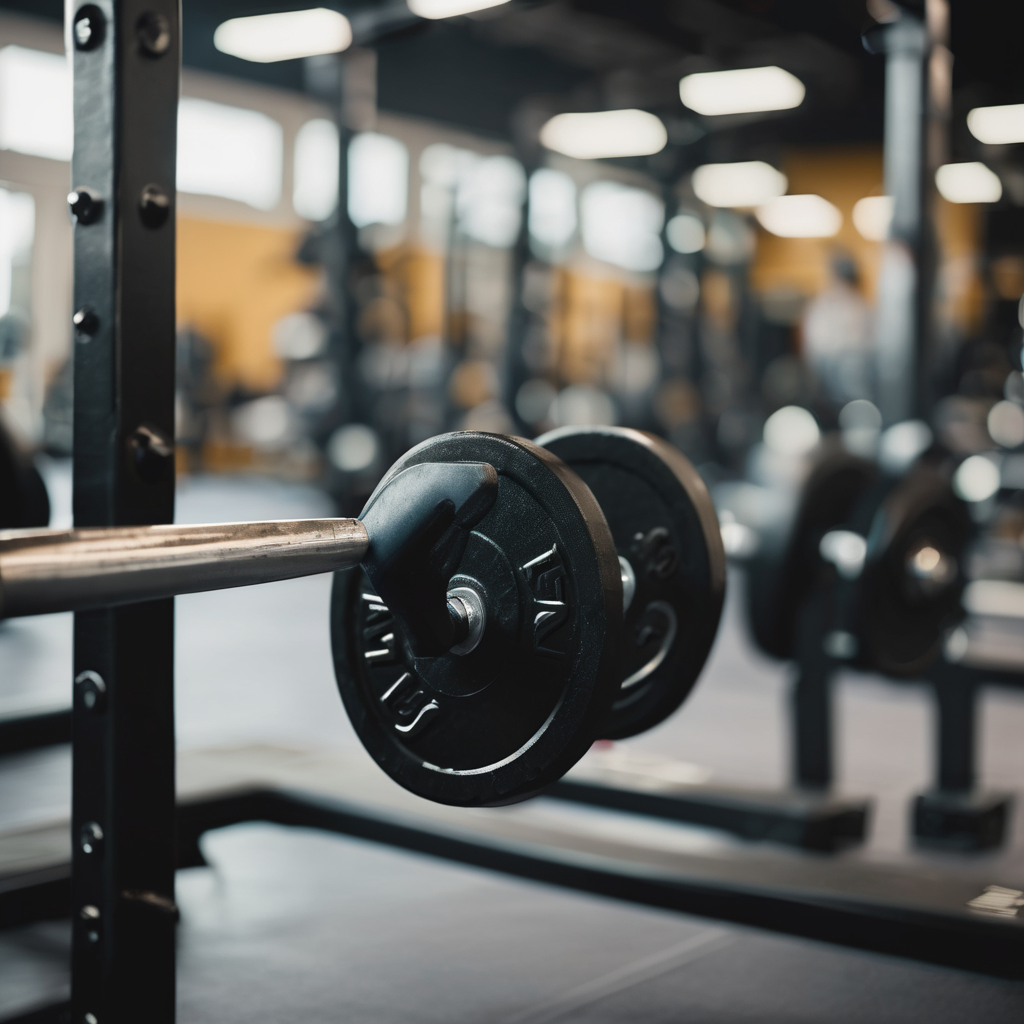In 2018, a significant controversy arose in the realm of competitive sports involving a transgender athlete, JayCee Cooper, who sought to participate in USA Powerlifting competitions in Minnesota. At that time, Cooper was undergoing treatment for gender dysphoria with spironolactone, a medication that is prohibited by the World Anti-Doping Agency. To compete, she submitted a request for a medical exemption due to her use of the medication.
However, USA Powerlifting ultimately denied her request. In their response, the organization stated that “male-to-female transgenders are not allowed to compete as females in our static strength sport as it is a direct competitive advantage.” This ruling highlighted ongoing debates regarding the eligibility of transgender athletes in competitive sports, particularly concerning issues of gender identity and fairness in competition.
The case of Cooper has drawn attention to the need for inclusive policies within sports organizations to accommodate and support all athletes, regardless of gender identity. As the conversation around this topic continues to evolve, it is important for organizations to find a balance between fairness in competition and the rights of athletes to compete in accordance with their gender identity. This situation not only affects individual athletes like Cooper but also sparks larger discussions about equity and inclusivity in the sporting world.
